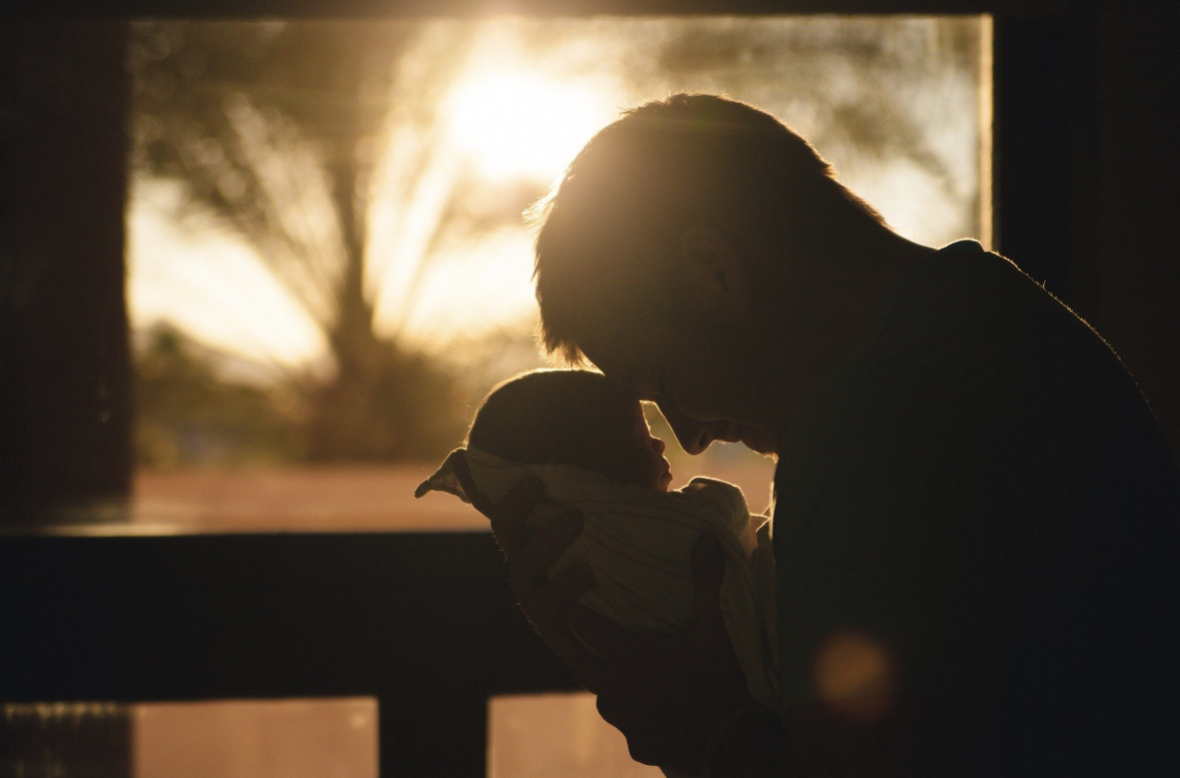Early rising
Early rising has got to be one of the most common sleep issues that parents face, particularly in the summer months. Our little people can all of sudden decide it’s time to wake earlier than before, unfortunate for us! \
Why does it happen? It’s all the do with the circadian rhythm our 24 hour clock which makes us alert in the day and sleepy at night. It’s our sleep-wake system. The main external factor for this is light. As the days get longer, it’s lighter earlier and stays lighter later. Babies and toddler can’t tell the time hence relying only on their body clock which is affected by the light.
There are also some other factors that can come into play. Let’s look at some of the causes and what can be done about it but first let’s understand sleep.
Understanding sleep
There are two types of sleep
• Non rapid eye movement (NREM) which is often call ‘deep sleep’.
• Rapid eye movement (REM) sleep ‘light sleep’.
We cycle between these two stages all night and babies can spend up to 50% of their sleep in REM stage, compared to only about 20%for adults.
NREM ‘deep sleep’ is essential for growth and repair.
Children have the longest amount of deep sleep in the first half of the night.
In the second half of the night, they are in a lighter sleep phase. This is why they can wake more often in the early hours. Especially if they are reliant on a sleep prop or hear a loud noise!
At 5am they have a quick burst of ‘deep sleep’ again. This is why it is important to get on top of early rising.
Other factors and some solutions
Light
Get block out blinds/shades. A Gro-blind or aluminium foil onto glass is super cheap and easy to do. Even that ray of sunlight creeping in around the edge of a curtin can be disruptive. Block it out!
Noise
Birds in Spring/Summer can be super loud, we have all heard them! Cars/dogs are another bother. A sound machine with white noise (not music, birds etc) can be your best friend. It must be played all night. You can easily stop using when you don’t need it and can used at any age!
Temperature
Cold?? Another big factor is when the weather changes. Children’s temperatures peak at 10pm but drop to their lowest at 5am. Making sure they are warm enough with out over heating them. An extra blanket before bed or sleep bags that are fitted correctly is a safe option.
Appropriate awake times
Over or under tired? Overtired children wake more often. If you think putting them to bed later gets you a sleep in that will back fire! Try an earlier bed time not later. Also be realistic about your expectations. If a 12 month old child has fallen asleep at 5.30pm expect that they may wake at 5.30am which is 12 hrs sleep. That’s because their total amount of sleep in 24 hours is roughly 14hrs and they should still be on two naps a day at this age.
Habitual waking
It can take 3 days to form a new habit and even more to break one! Be patient. If they wake early PAUSE, give them time to realise their body needs more rest. Using a timer can help as even 5/10min can feel like a long time! Ask yourself, how am I reacting when they wake early? Running straight to them or bringing them into bed, feeding straight away etc. Give them a chance and if they are still determined that its morning, that’s ok too. Keep everything quiet and boring until it’s time to get up.
Toddlers
For toddlers I recommend using a Gro Clock or another wake clock. It’s important to set clear boundaries for toddlers.
There are many factors involving sleep issues. Finding that part of the puzzle that is missing can be overwhelming but that’s where a sleep consultant can help. Taking that first step is usually the hardest decision but you have nothing to loose and so much to gain, aka SLEEP! Once you find the piece of the puzzle and have a solid plan the changes to family life can be magical!



